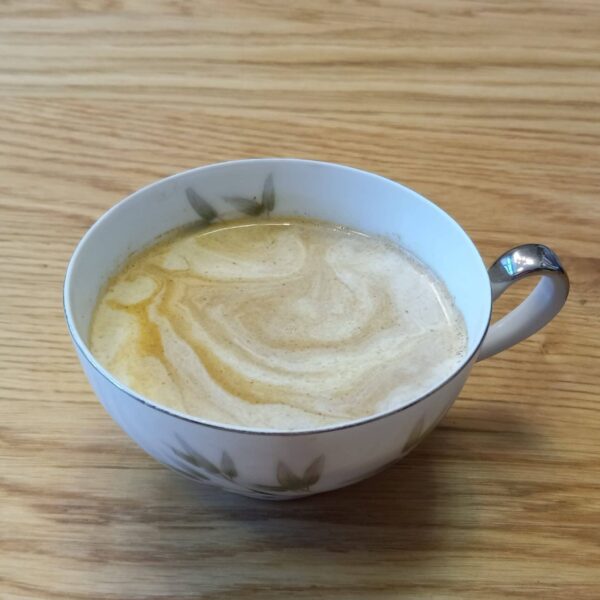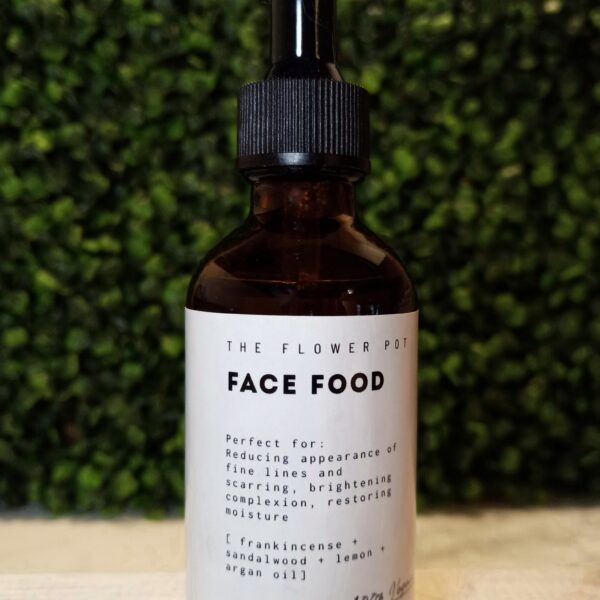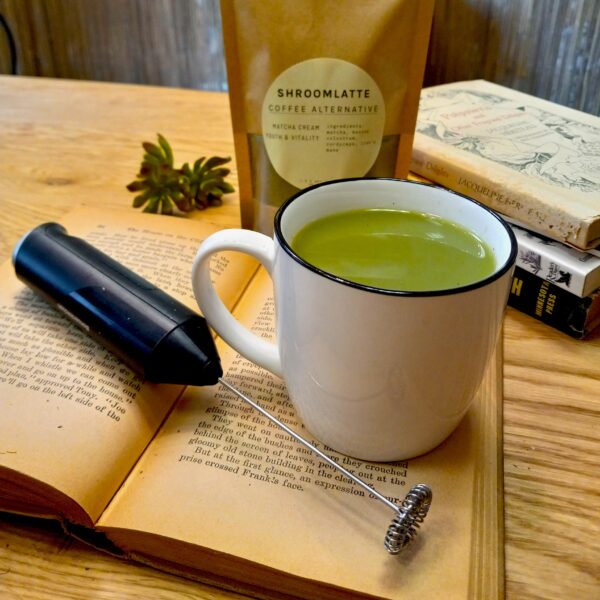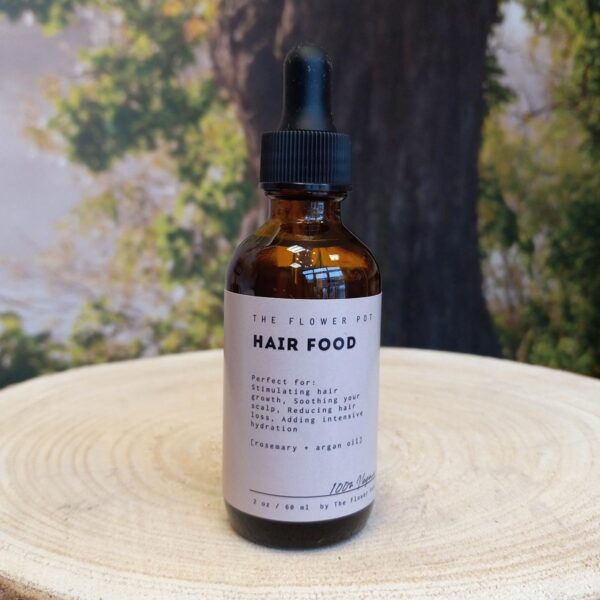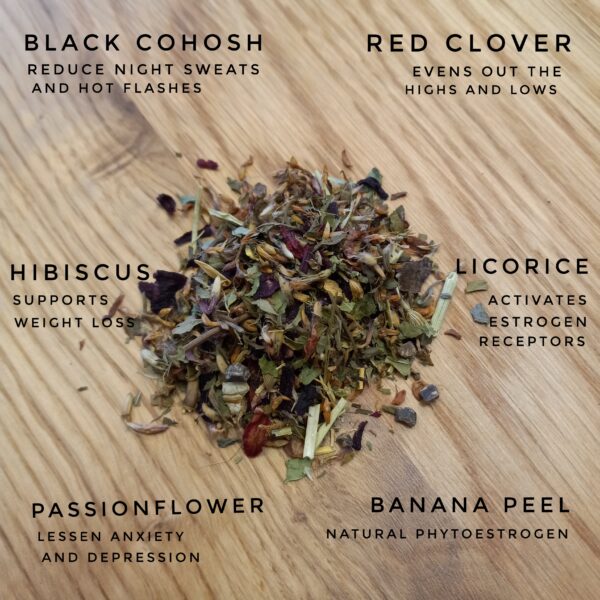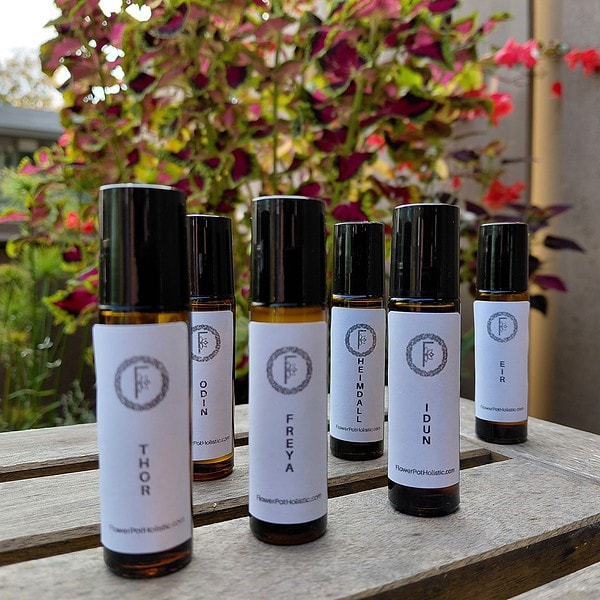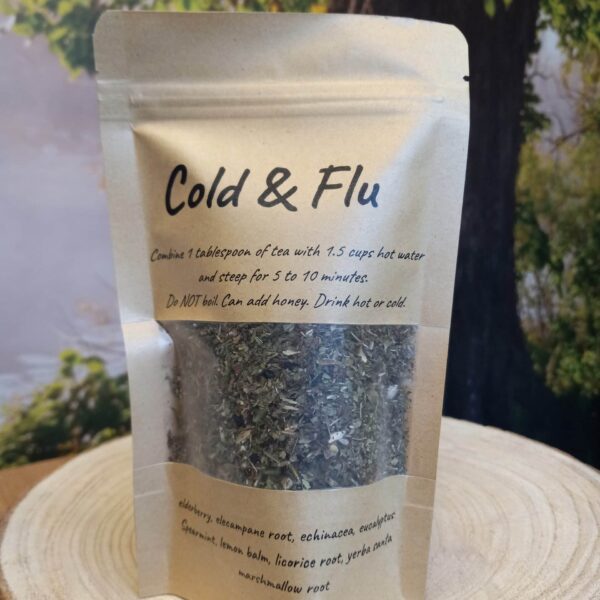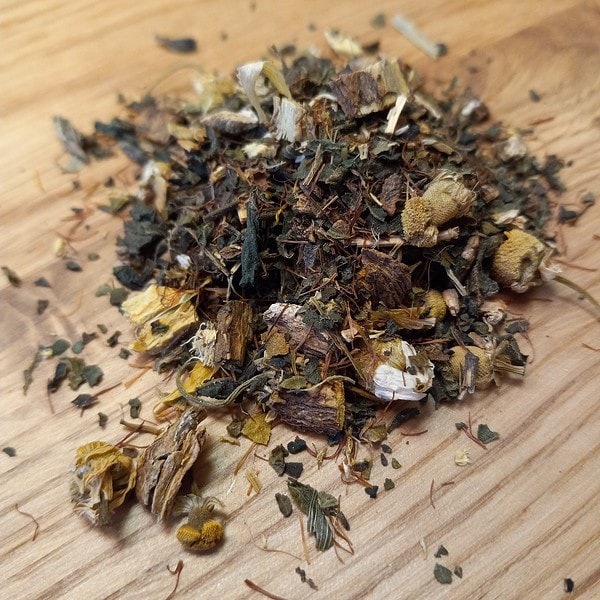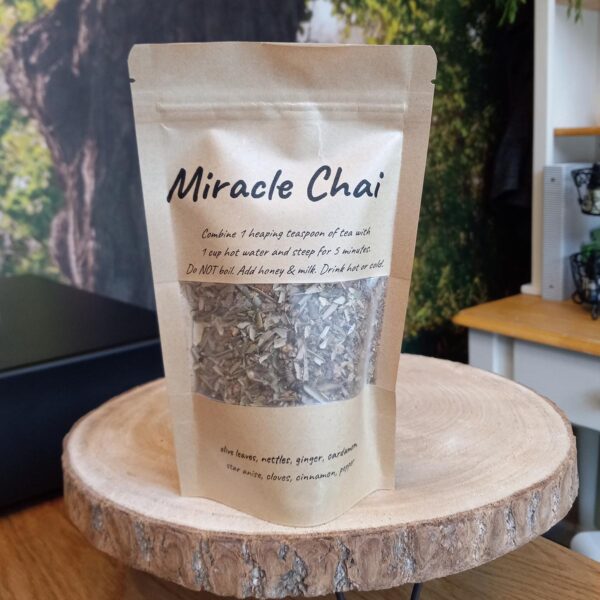I often receive requests for custom medicinal tea blends. Sometimes, what seems like a straightforward question about a specific concern, like sleep or stress, can reveal a much more intricate picture upon further discussion. This was certainly the case with a recent inquiry from a customer.
She initially reached out, expressing a desire for a tea to help regulate cortisol and improve consistent sleep. She mentioned that conventional approaches hadn’t been effective and was hopeful that a customized herbal blend could offer some relief.
My standard practice is always to delve a little deeper. While a simple request might lead to a basic formulation, understanding the nuances of someone’s health history and specific challenges allows for a much more targeted and potentially effective blend. So, I followed up with her, asking about allergies and the duration and nature of her sleep and stress issues.
Her response unveiled a far more complex situation than her initial message suggested.
She not only struggled with falling and staying asleep but also had a history of trauma that significantly impacted her sleep through vivid and disturbing dreams. She had endured periods of severe sleep deprivation, even experiencing hallucinations. Furthermore, she had already explored various avenues, including prescription medications, over-the-counter sleep aids, cannabis, and specific supplements like ashwagandha and magnesium, with limited success. Notably, melatonin seemed to exacerbate her bad dreams.
Given the depth and complexity of her situation, I knew a simple “sleepy time” tea wouldn’t suffice. I needed to create a two-pronged approach: one for daytime support to manage stress and build resilience, and another for nighttime to gently encourage sleep while also addressing the underlying issue of trauma-related dream disturbances.
Here’s the thinking behind the herbs I chose:
For Daytime Stress Management (Decoction):
- Nettles: A nutrient-dense herb known for its adaptogenic properties, helping the body cope with stress and supporting overall vitality.
- Ginger: Not only adds a pleasant flavor but also aids digestion and has mild anti-inflammatory effects, which can be beneficial during times of stress.
- Blue Pea (Butterfly Pea Flower): This beautiful flower is rich in antioxidants and traditionally used to support the nervous system and promote calm. Its vibrant color also makes for an appealing tea.
- Hibiscus: Adds a tangy flavor and is known for its potential to support healthy blood pressure levels, which can be affected by chronic stress.
- Lemon: Provides a refreshing taste and a boost of Vitamin C, supporting the immune system which can be compromised by stress.
- Passionflower: Well-regarded for its calming and anxiolytic properties, helping to ease anxiety and reduce nervous tension throughout the day without causing drowsiness.
- Rhodiola: A powerful adaptogen that helps the body adapt to physical, emotional, and mental stress, improving resilience and reducing fatigue.
The decoction method (a stronger, longer brew) was recommended to extract more of the beneficial constituents from these herbs, and the instruction to drink it cold throughout the day made it a refreshing and easy way for her to consistently receive their benefits. The focus here was on gently supporting her system and building resilience without inducing sleepiness during the day.
For Nighttime Sleep and Dream Processing (Infusion):
- Wild Lettuce: Known for its mild sedative and pain-relieving properties, helping to ease tension and promote relaxation conducive to sleep.
- Chamomile: A classic sleep aid with calming and soothing effects, traditionally used to reduce anxiety and promote relaxation.
- Lemon Balm: Another gentle nervine that can help reduce anxiety and promote restful sleep.
- Passionflower: Included in the nighttime blend as well for its continued calming and sleep-promoting effects.
- Blue Lotus: This was a key addition, specifically chosen for its potential to aid in sleep and, importantly, dream processing. While it can sometimes increase dream activity, the intention was to help her brain gently process and integrate the trauma-related experiences that were disrupting her sleep, rather than being overwhelmed by them repeatedly.
I emphasized that herbal remedies often work gradually, building up their effects over time. I also assured her that we could adjust the blend or consider a tincture (a concentrated liquid extract) if needed.
Just a week later, I received a wonderful update from her: “I absolutely love what you made for me to sleep. It’s been I think six days now of sleep. I have not been able to do that for at least 2 years. I will be asking for more probably next week.”
This initial positive feedback is incredibly encouraging. It highlights the power of a personalized approach that takes into account the full spectrum of an individual’s health challenges. While it’s still early in her journey, this experience underscores the importance of looking beyond the surface and truly listening to the complexities of each person’s story when crafting herbal support.
If you would like to consult with me or need a custom herbal blend, contact me at schulz cara L at gmail dot com.
Join Our Mailing List!
Sign up and be the first to know about specials, promotions and our latest articles on health and wellness.
Cara Schulz
Cara Schulz, a cancer survivor and green tea lover, has opened The Flower Pot, a holistic wellness shop in Burnsville that offers products ranging from medicinal teas and wellness tonics and herbal tinctures.


